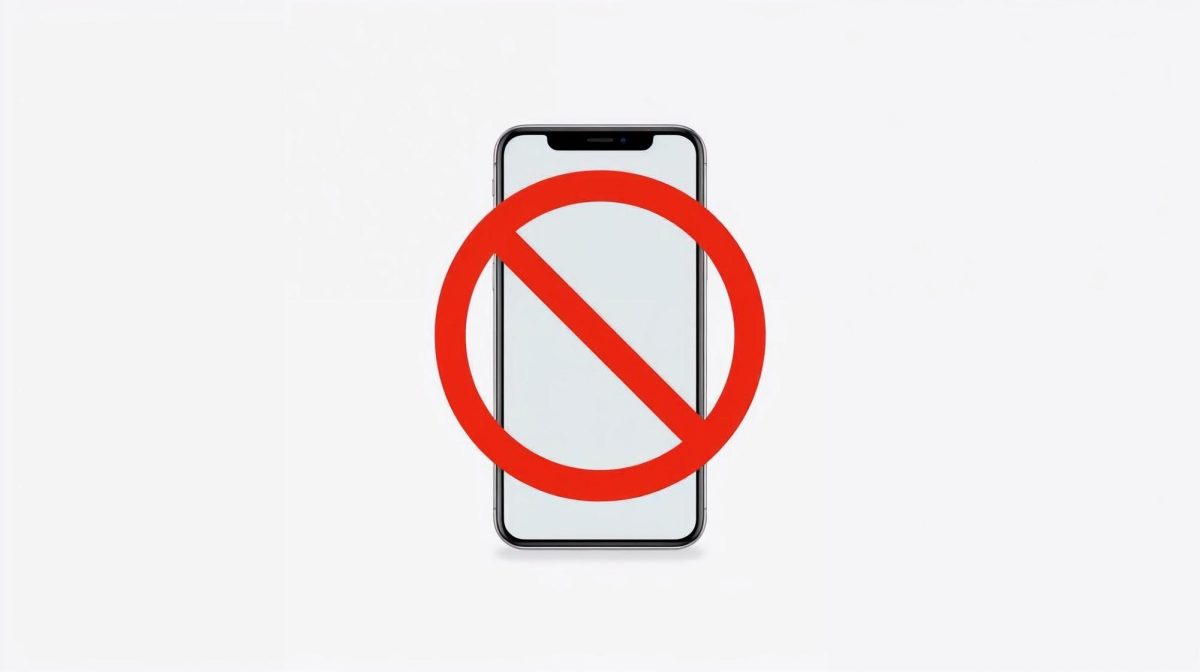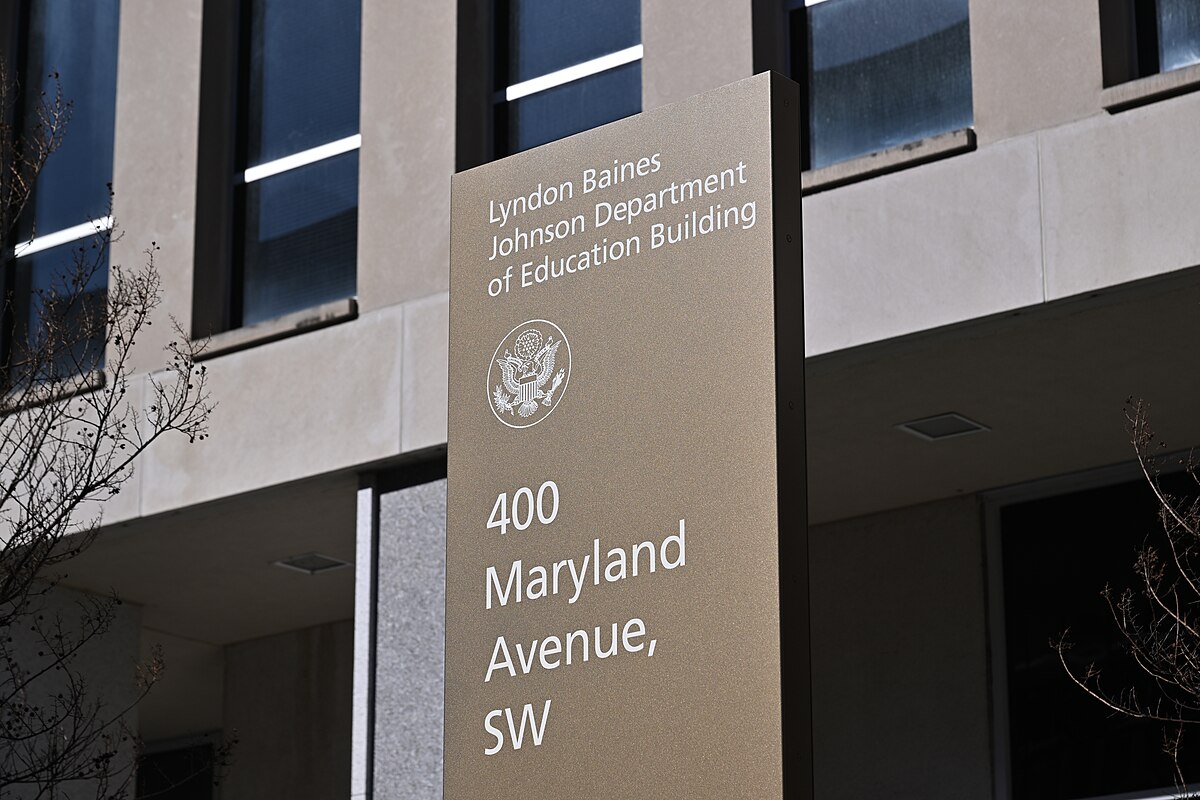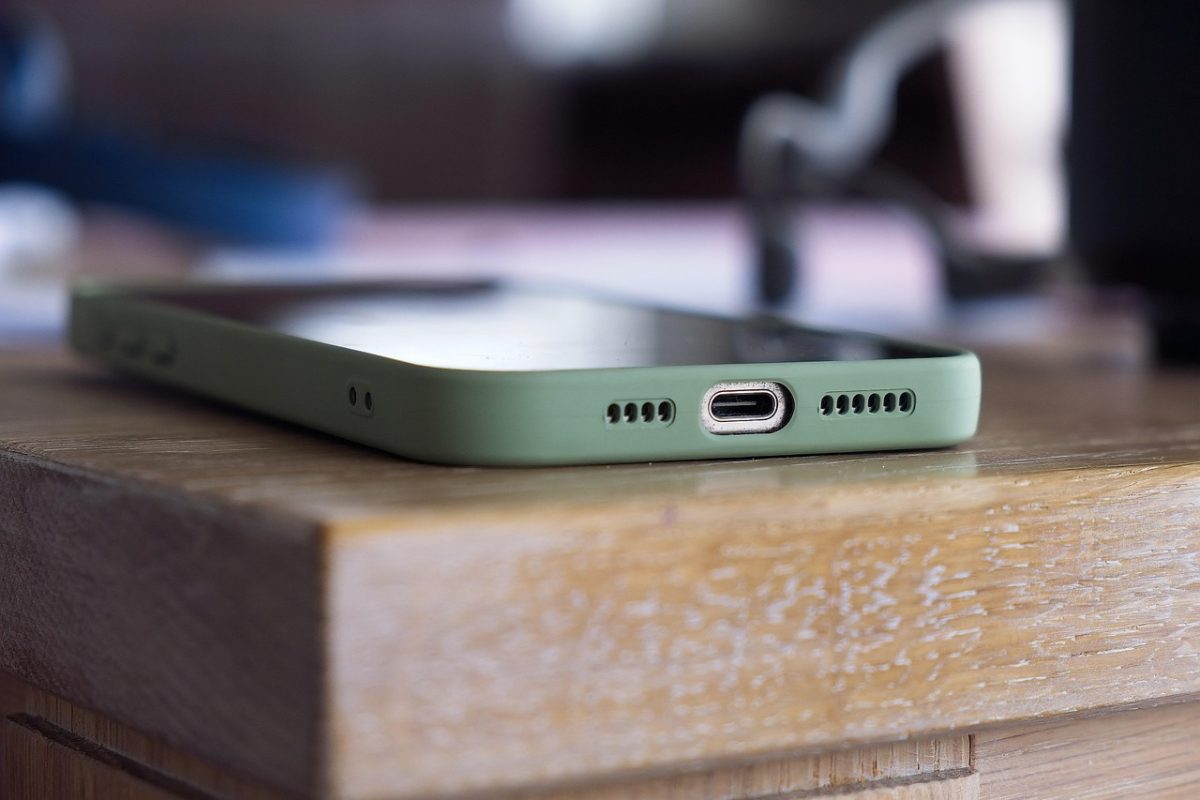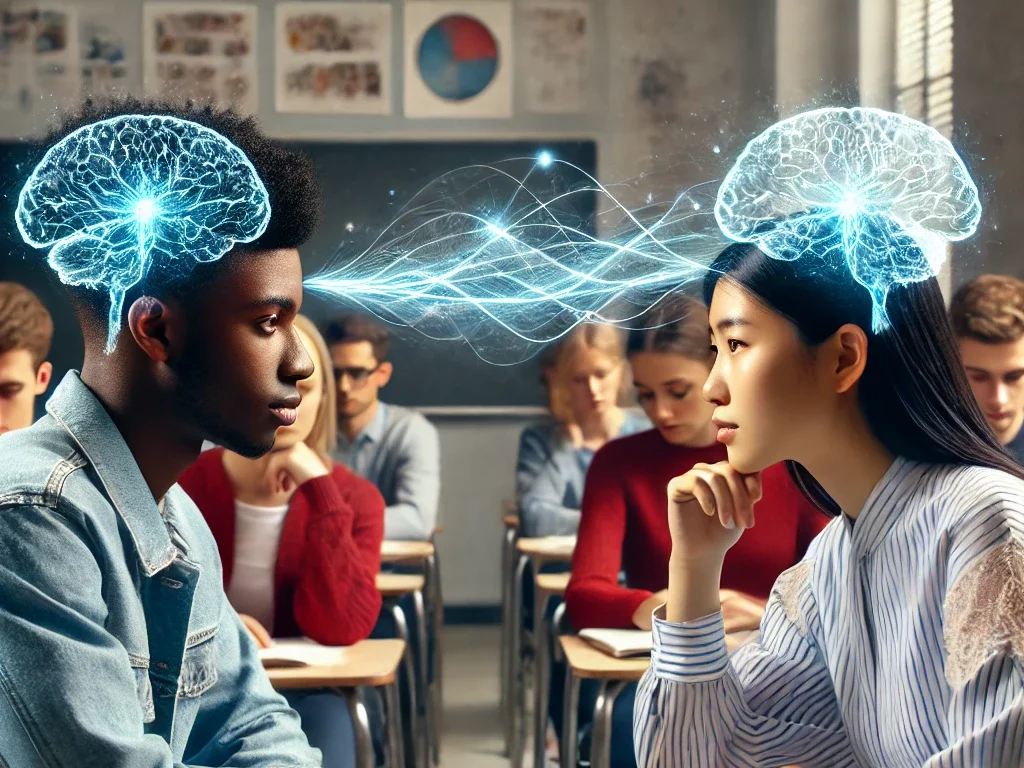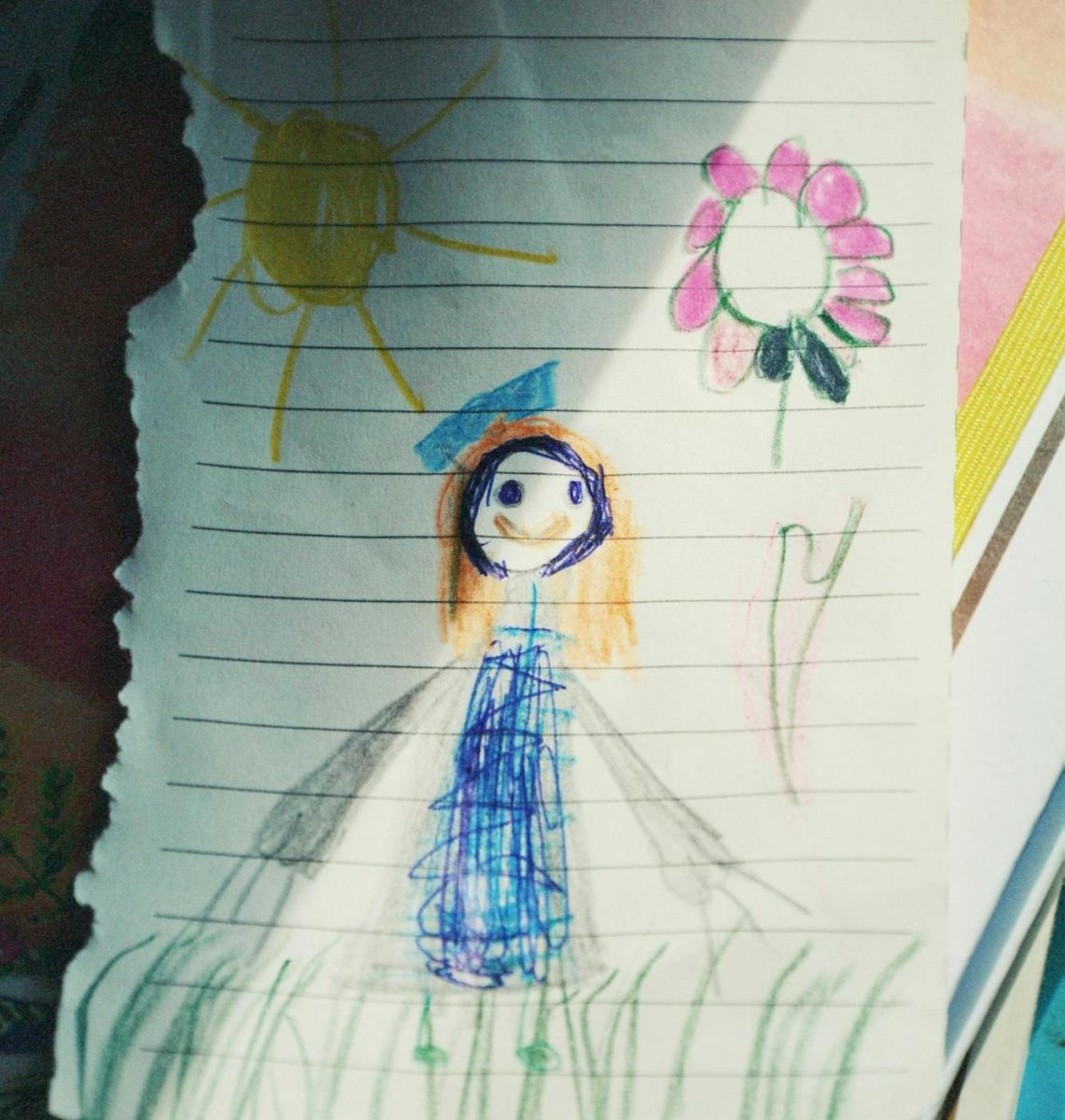Genetic Engineering Results in the Birth of Twin Sisters
April 25, 2019
In November of 2018, two twin girls, Lulu and Nana, were born in China. They were the product of an experiment by Chinese scientist He Jiankui. The experiment, which was performed on eight couples with HIV-positive fathers and HIV-negative mothers, resulted in the birth of the twins and in a second mother’s pregnancy.
CRISPR
Clustered Regularly Interspaced Short Palindromic Repeats (CRISPR), is the name of the antiviral mechanism utilized by several species of bacteria. As a gene editing technology, it was co-invented by Dr. Emmanuelle Charpentier.
The technology has two parts: the guide RNA and the Cas9 enzyme. Using CRISPR, three types of genetic edits are possible, termed by CRISPR Therapeutics as disrupt, delete, and correct/insert. In disrupt, CRISPR Therapeutics states, “If a single cut is made, a process called non-homologous end joining can result in the addition or deletion of base pairs, disrupting the original DNA sequence and causing gene inactivation.” In delete, two guide RNA are used to delete a fragment of DNA and non-homologous end joining, deleting the space between by merging the ends together. Finally, in correct/insert, using CRISPR/Cas9 machinery, a DNA template is added and the cell corrects the gene or replaces it in a process known as “homology directed repair.” In all methods, the DNA is cut and the natural process repairs the DNA.
He Jiankui
In order to perform his experiment, He Jiankui forged ethical review papers and, according to China, “acted illegally in pursuit of fame and fortune.” He Jiankui raised his own funds for the experiment.
Lulu and Nana’s births were a result of this experiment, and a second mother became pregnant. According to He, the girls were healthy because of the elimination of a gene called CCR5, making them resistant to HIV. It was stated at the Human Genome Editing Summit at the University of Hong Kong, that the girls were born healthy and that they would be monitored over the next 18 years. He has also claimed that the study was submitted to a scientific journal for review, but refused to state the name of the journal.
Dr. He’s university, the Southern University of Science and Technology in Shenzhen, was unaware of the experiment.
It is thought that the removal of the CCR5 gene may have affected the twins’ brain functions. Based upon reactions in mice, the removal of this gene may have improved the twins’ memories. According to Alcino J. Silva, a neurobiologist at the University of California in Los Angeles, “The simplest interpretation is that those mutations will probably have an impact on cognitive function in the twins.” CCR5 has also been shown to play a role in stroke recovery.
Silva has stated: “Could it be conceivable that at one point in the future we could increase the average IQ of the population? I would not be a scientist if I said no. The work in mice demonstrates the answer may be yes. But mice are not people. We simply don’t know what the consequences will be in mucking around. We are not ready for it yet.”
Reactions
Many scientists worldwide have expressed their concerns over the experiment.
One of these scientists feels that He’s experiment was simply unnecessary due to low risk factor. Dr. Dusko Ilic, who is a stem cell science expert from King’s Collegein London, has stated that HIV is highly treatable and that, with the use of drugs, it is unlikely that parents would pass HIV on to their children. Dr. Ilic states that, “If this can be called ethical, then their perception of ethics is very different to the rest of the world’s.”
Professor Julian Savulescue, an ethics expert from the University of Oxford, states that the experiment was monstrous because the embryos were healthy. While gene editing is associated with mutations, genetic problems, and cancer, the experiment exposed children to the risks of gene editing without a benefit.
Dr. Yalda Jamshidi, a human genetics expert at St. George’s University of London, comments that, “We know very little about the long term effects, and most people would agree that experimentation on humans for an avoidable condition just to improve our knowledge is morally and ethically unacceptable.”
Dr. He’s place of work stated that it was “rescinding Dr. He’s contract and canceling all of his teaching and research activities there.” For the moment, at least, it would appear that Dr. He’s experiments with genetic modification have come to an end.
Sources:
http://www.crisprtx.com/gene-editing/crispr-cas9
https://www.bbc.com/news/world-asia-46943593
https://www.bbc.com/news/health-46342195
https://www.nytimes.com/2019/01/21/world/asia/china-gene-editing-babies-he-jiankui.html
https://www.newsweek.com/china-gene-editing-he-jiankui-enhanced-brain-function-1342441











